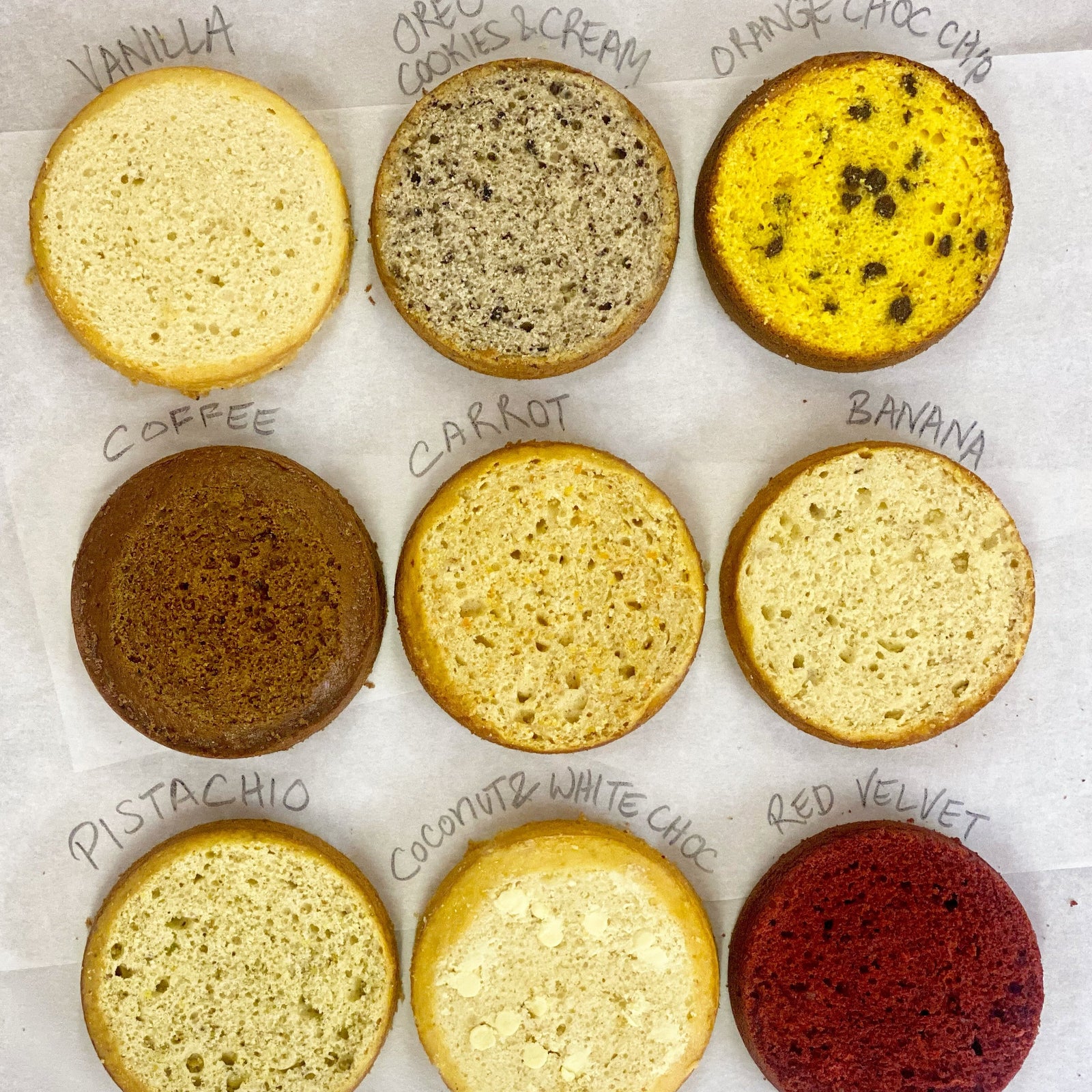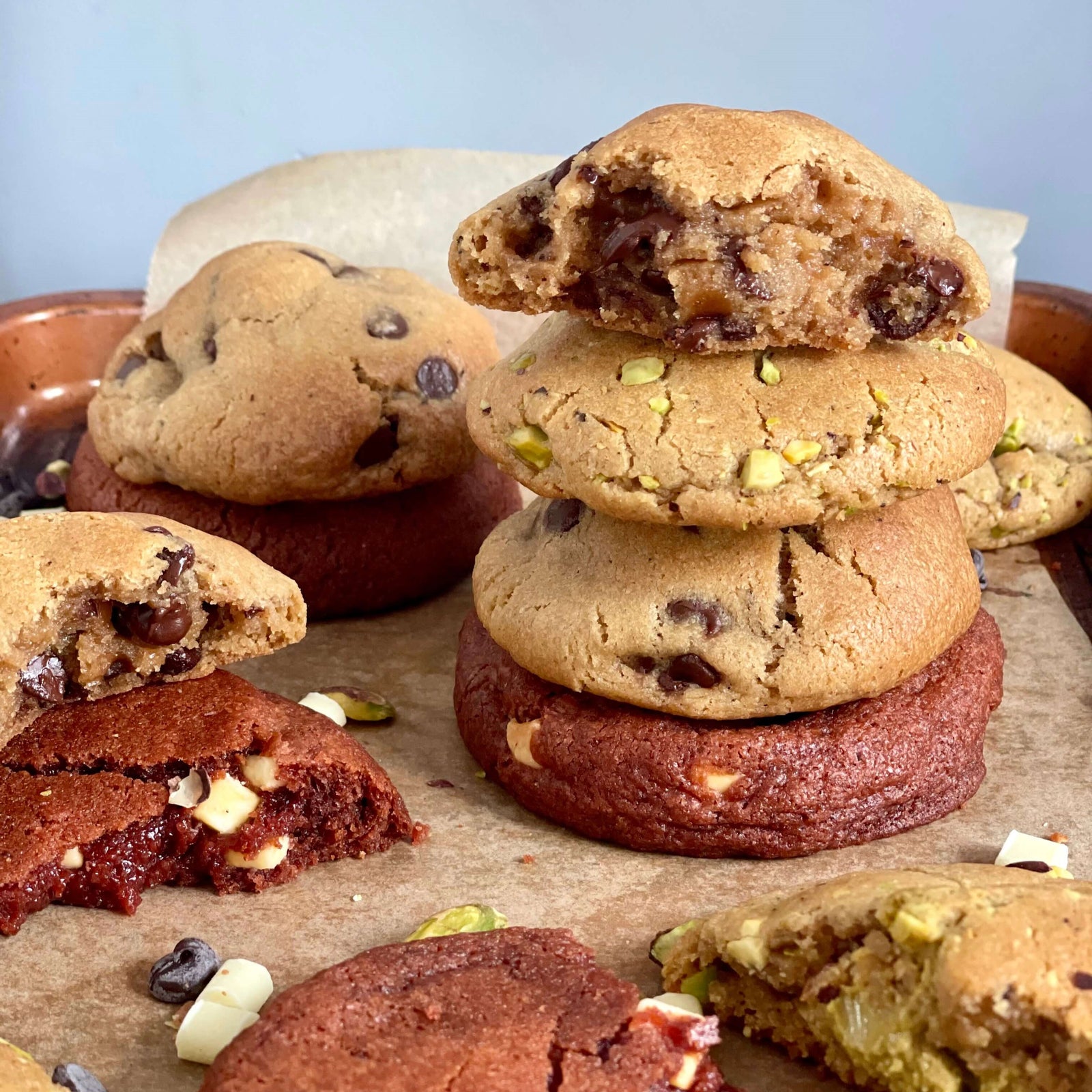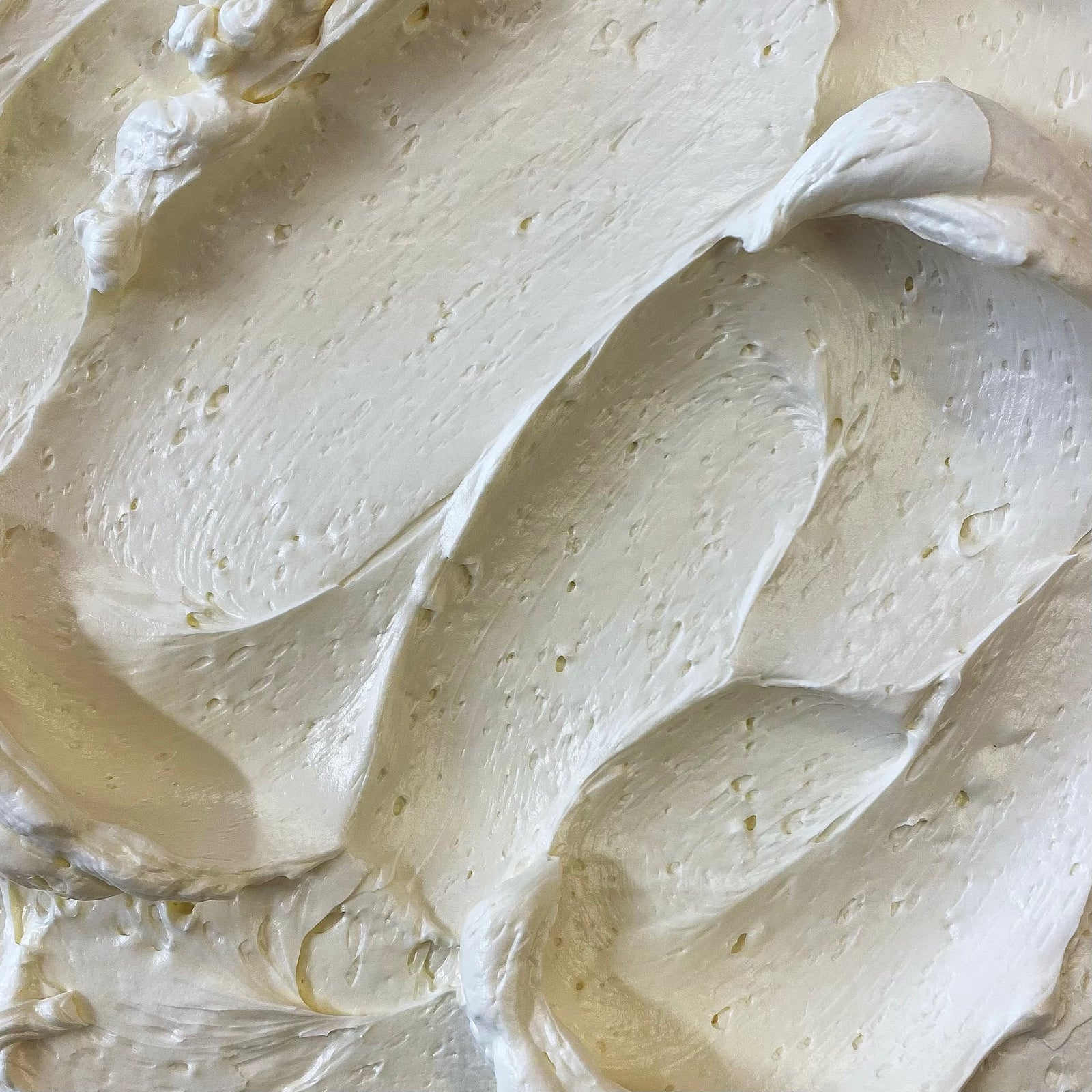If you’ve recently paused in disbelief at the cost of your favourite bakery treat - especially those irresistible birthday cakes - wondering how a simple yearly treat became an indulgence that might require remortgaging your home, you’re certainly not alone. Britain’s cakes have quietly become luxury items, their prices inflating faster than you can say "Victoria sponge". It’s not mere greed or whimsy - it’s a complicated tale of global economics, agricultural issues, and closer-to-home crises.
Let’s start with the bigger picture: UK food prices have surged dramatically, particularly between 2022 and 2024. In January 2023, we saw food inflation spike to a dizzying 16.8%, the highest in over forty years. Though it eased slightly by January 2024 (down to 7.0%), it's still notably above pre-2022 norms, when food prices gently nudged upwards by around 9% across an entire decade. In short, food inflation isn't just rising - it’s sprinting ahead, and the cake industry is feeling that burn.

Take flour, the unsung hero in every baker's pantry. Flour prices jumped nearly 20% in 2022 alone, partly because Britain’s own wheat harvests suffered terribly from erratic weather, notably the drenched winter of 2023–2024, resulting in one of the poorest yields ever recorded. With domestic wheat scarce, the UK became increasingly reliant on costly imports, made even pricier by Brexit-induced tariffs. Add to this soaring fertiliser and energy costs, which AHDB reported were up a hefty 44% by mid-2024, and the once-humble sack of flour now feels decidedly extravagant.

Then, there’s the egg crisis - something few bakers foresaw. Eggs surged in price dramatically after avian flu culled vast numbers of poultry, slashing supplies and raising farm-gate prices by more than 30% in 2022 alone. Feeding hens became expensive too, contributing further to spiralling egg prices. And with UK welfare standards commendably high but financially demanding, egg producers faced relentless pressure, driving costs upwards and making every whisked egg feel painfully precious.

Even sugar isn’t immune. Sugar prices soared an astonishing 55% between September 2022 and January 2024. Poor harvests from major exporters like India and Thailand, disrupted global supply chains, and currency fluctuations meant British bakers faced steep import costs. The weakened pound following Brexit exacerbated the situation, adding to every kilogram of imported sugar and turning a sweet staple into an unexpectedly bitter pill.

Chocolate lovers, brace yourselves: cocoa prices have hit record highs due to severe climate disruptions in West Africa - unexpected rains devastated harvests in Ghana, while erratic weather patterns unsettled Ivory Coast producers. The resulting global cocoa shortage has driven chocolate prices steadily upward - 11.9% higher by 2023 alone. Brexit's complexities further compounded import costs, ensuring chocolate cake became not just a treat but a genuine indulgence.

Butter and dairy haven’t fared much better. Butter prices saw double-digit increases, peaking in 2023, driven by fluctuations in milk production and global dairy markets. Farm-gate milk prices themselves rose significantly - around 33.3% higher by 2022, easing only slightly since. Vegetable oils and fats followed suit, with olive oil prices skyrocketing nearly 39% in 2024 alone. It’s little wonder your favourite buttery sponge now feels almost luxurious.
Beyond ingredients, operational costs have surged relentlessly. Staff costs rose significantly with the National Living Wage jumping from £8.72 in 2020 to £11.44 in April 2024, set to hit £12.21 by April 2025. Post-Brexit labour shortages compounded these rising wages, forcing bakeries to compete fiercely for scarce talent, pushing salaries higher still. The Food and Drink Federation calculated labour shortages cost the industry around £1.4 billion in lost output in a single year, creating immense pressure for bakery owners.

Equipment prices haven't escaped either. Commercial kitchen appliance costs climbed notably, driven by rising energy prices and demand for more efficient (but initially costlier) equipment. Reports suggest catering equipment prices rose around 4–6% as recently as 2024, meaning even essential tools became more expensive investments.

Packaging - the humble cardboard box or paper wrapper - also costs more now, driven by increased raw material costs and heightened consumer demand for sustainable, environmentally friendly alternatives. Eco-packaging may soothe the conscience, but it also pinches profit margins.

All these pressures culminated in genuine consequences for UK bakeries. Biscuit and cake manufacturers entering administration highlight just how brutal these financial challenges have become. Bakery owners now walk a precarious tightrope, balancing rising costs against consumers’ willingness to pay. For many, this balance is increasingly impossible to sustain.
So, what’s to be done? Thankfully, opportunities for mitigation exist. Ingredient-wise, forging direct relationships with local producers could lower intermediary costs, provide better pricing stability, and support resilient local supply chains. Bakers might also diversify suppliers and consider strategic hedging against volatile import prices.
Operational efficiency can help too: investing in energy audits, upgrading to efficient ovens and refrigeration, and employing smarter inventory management can yield meaningful savings. Exploring automation selectively might ease staffing shortages, enabling skilled staff to focus where they're most valuable.
Collaboration is another route: collectively purchasing ingredients and packaging can achieve economies of scale, and industry advocacy could influence policy to support struggling businesses. Innovation in product offerings - value-engineered recipes (our Hero Sponge recipes are just that), different sizes and decoration complexities - can help bakeries accommodate tighter consumer budgets without compromising quality.

Ultimately, the dramatic rise in cake prices across Britain isn’t down to one villainous ingredient or policy decision, but rather a complicated cocktail of global disruption, local economic realities, climate unpredictability, and shifting trade landscapes. Bakers and consumers alike are grappling with a new reality - one where cakes no longer feel simple or carefree, but rather, precious commodities.
Yet, in true British style, the baking industry can and will adapt. It has weathered wartime shortages and post-war rationing; today’s crisis, though tough, is another challenge to overcome. Maybe we won't be eating cake as often, but we'll still be having it at least once a year on our birthdays, and that's just fine because it's someone's birthday somewhere each day of the year.














Leave a comment (all fields required)